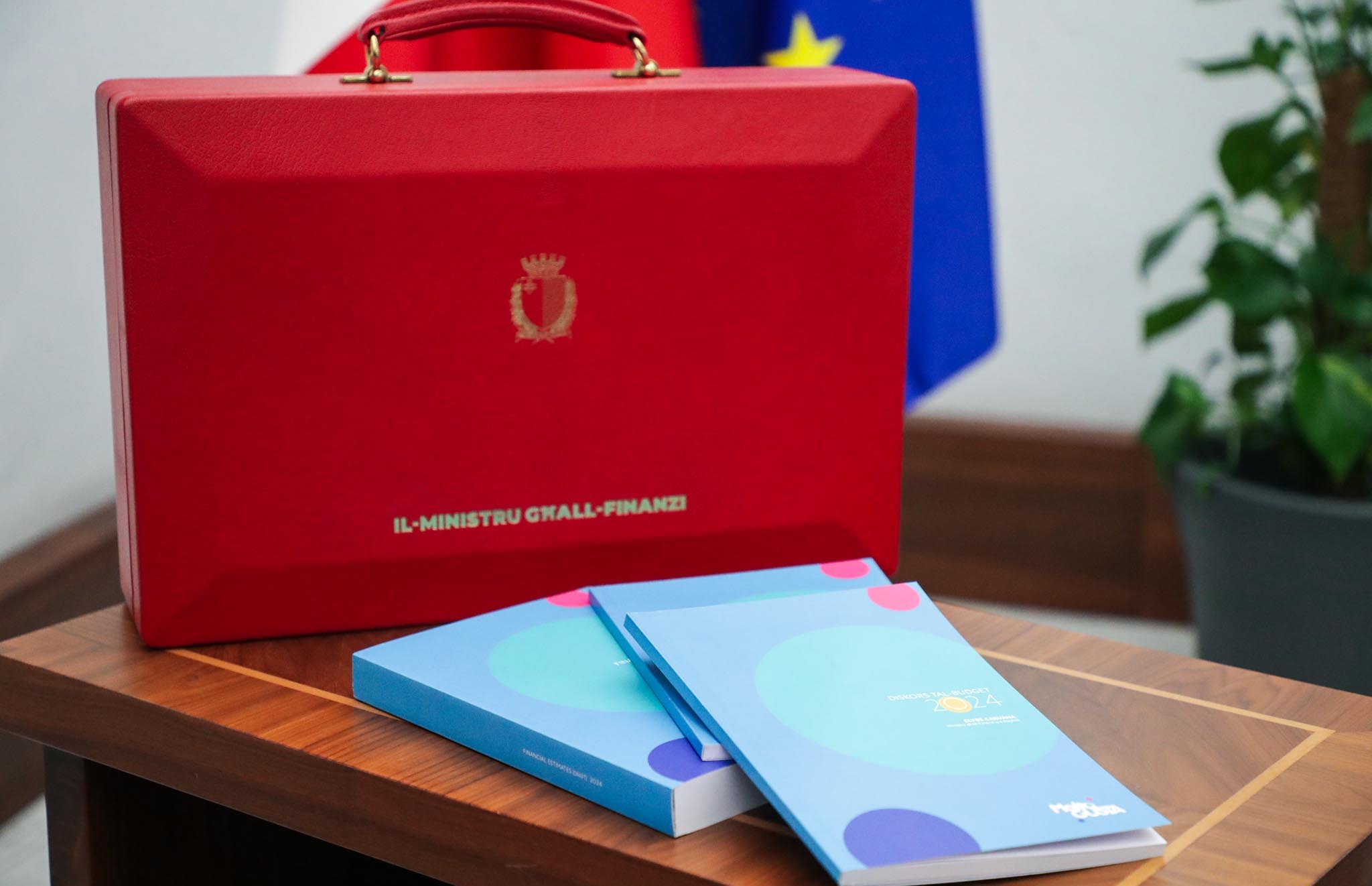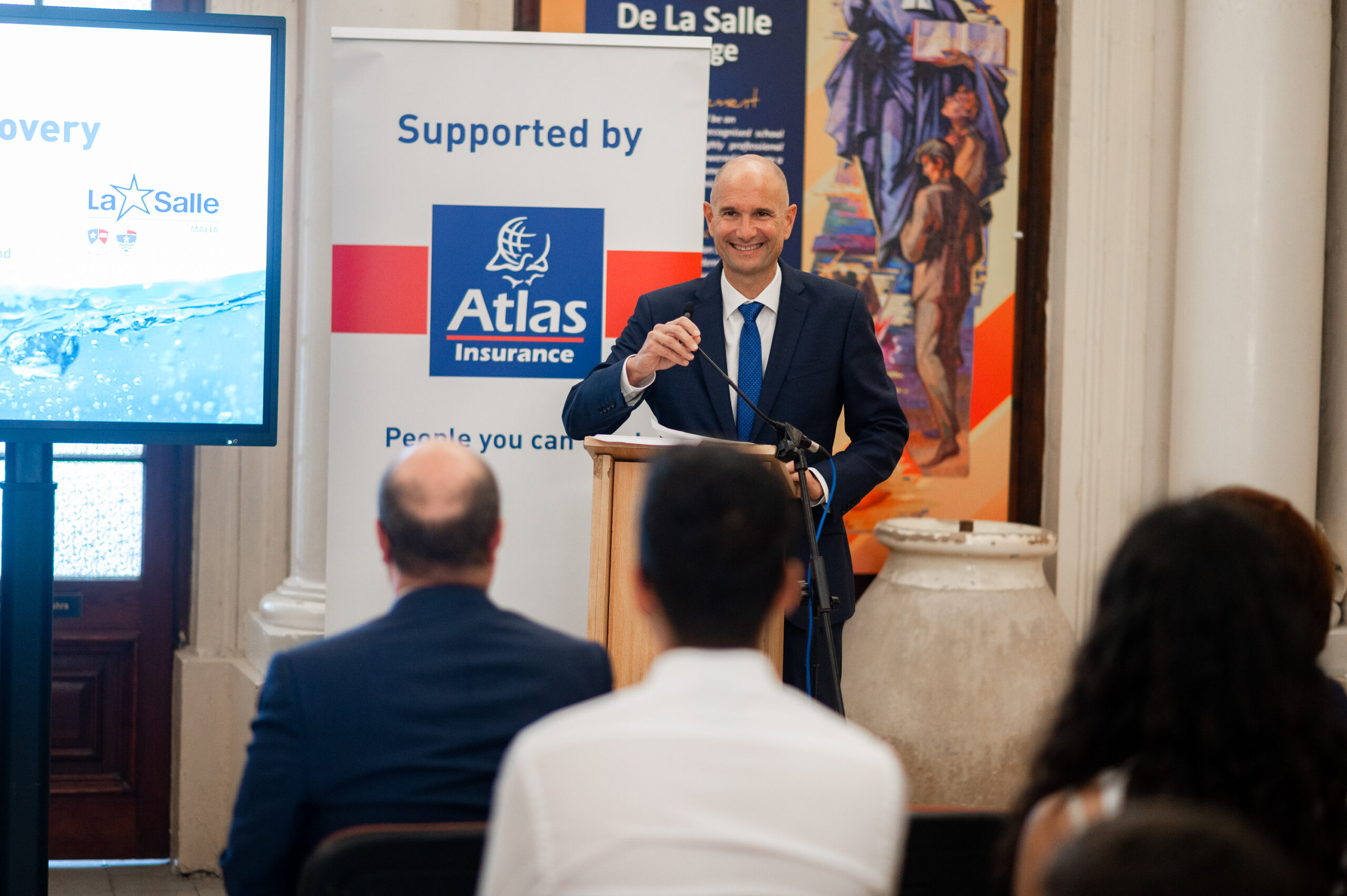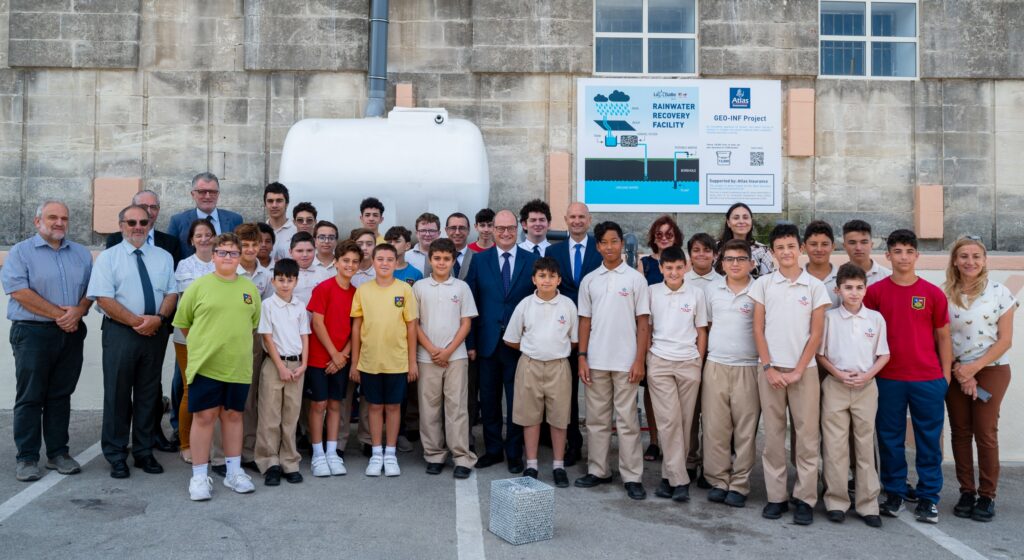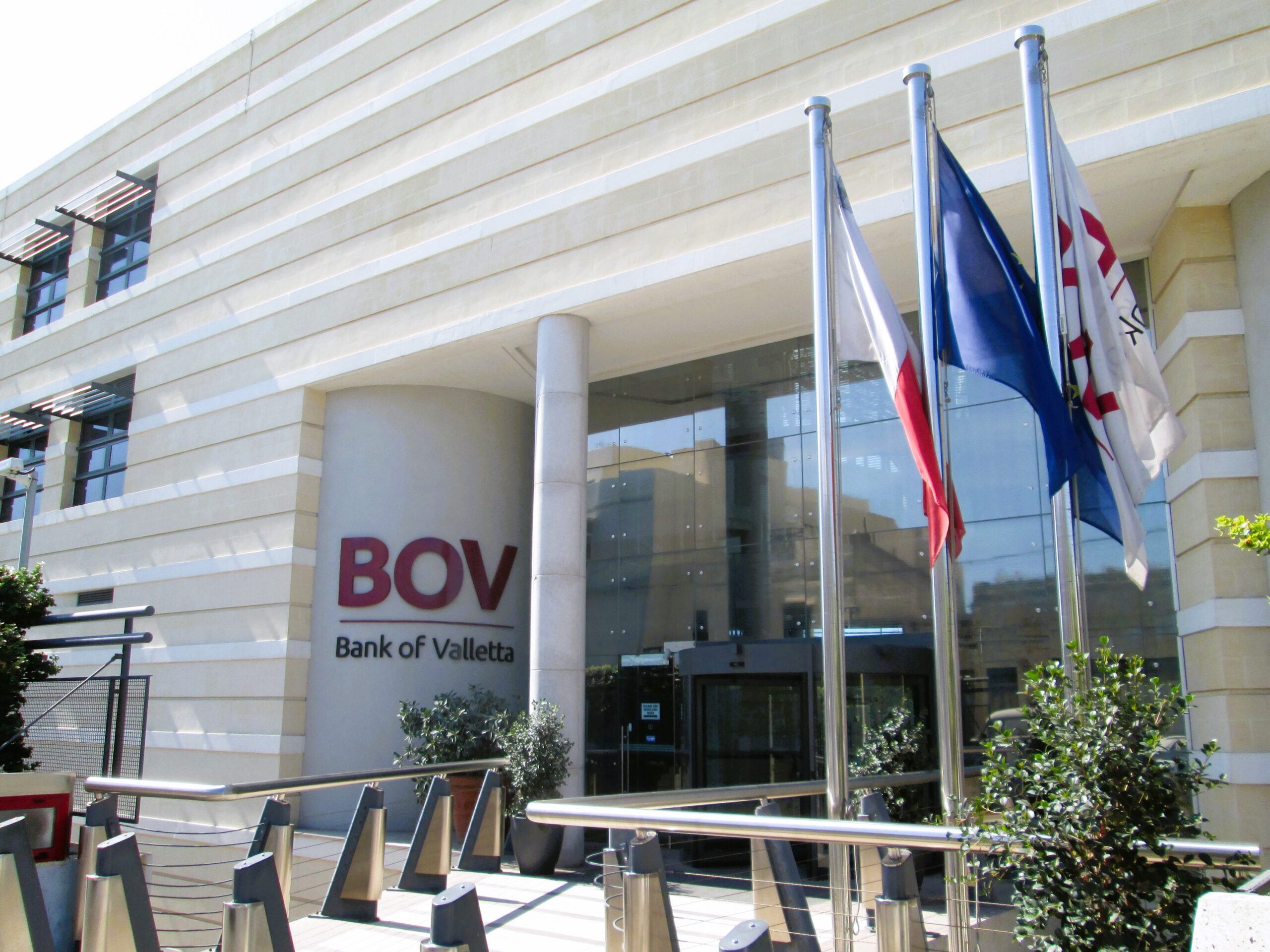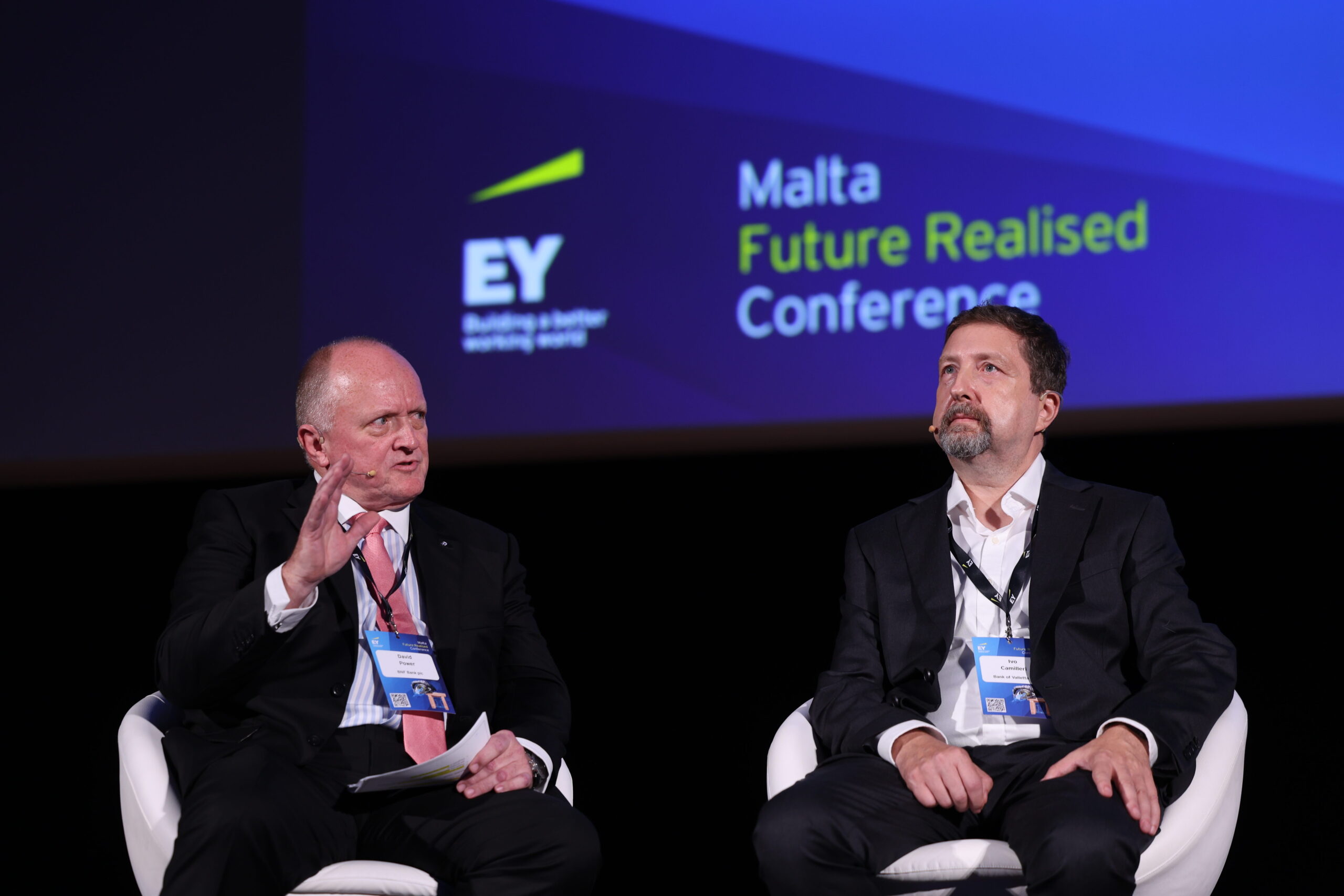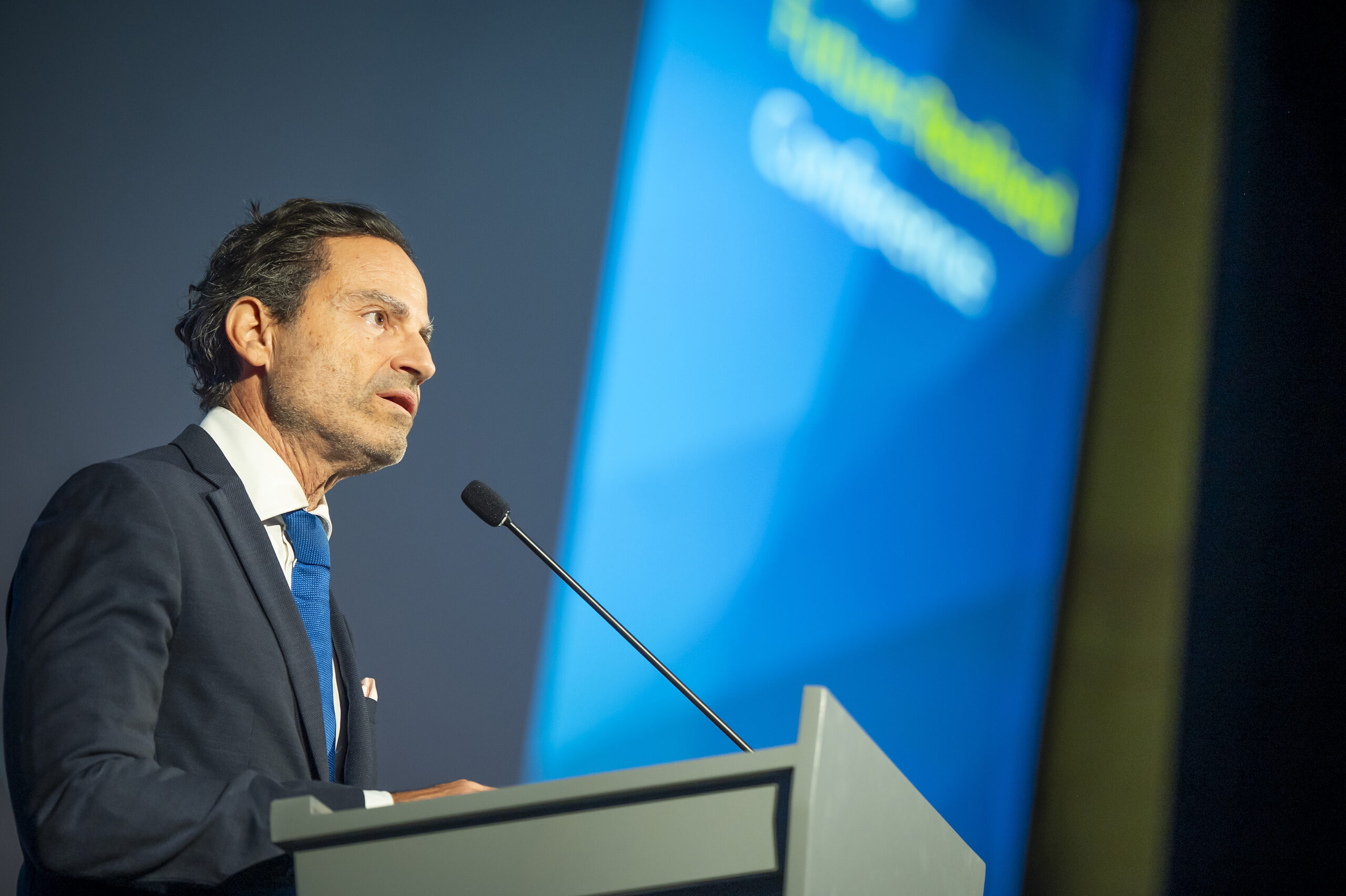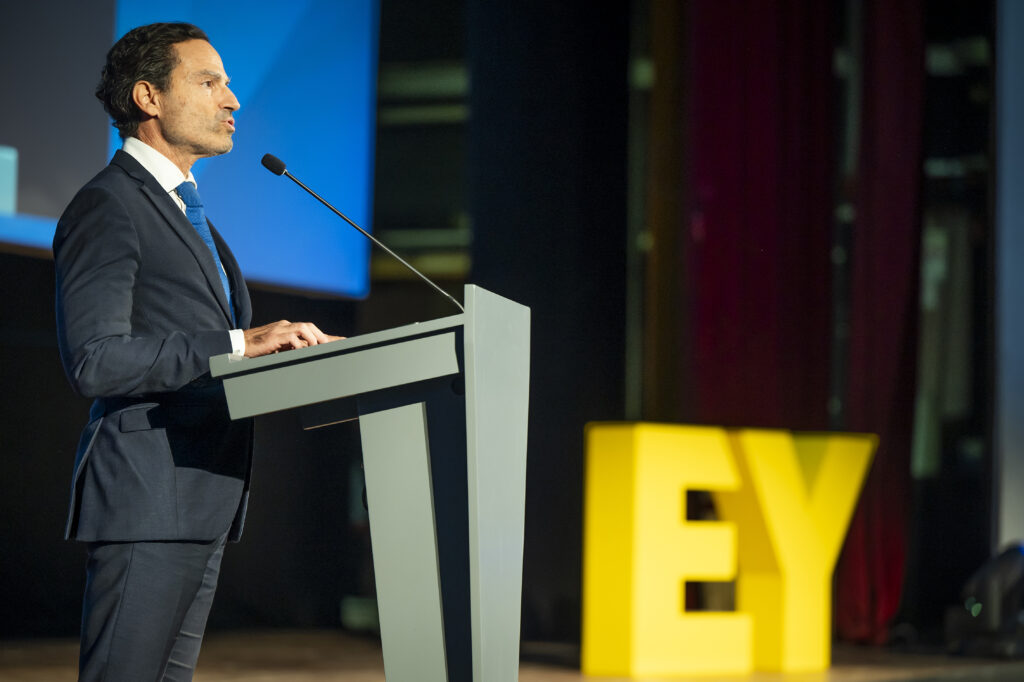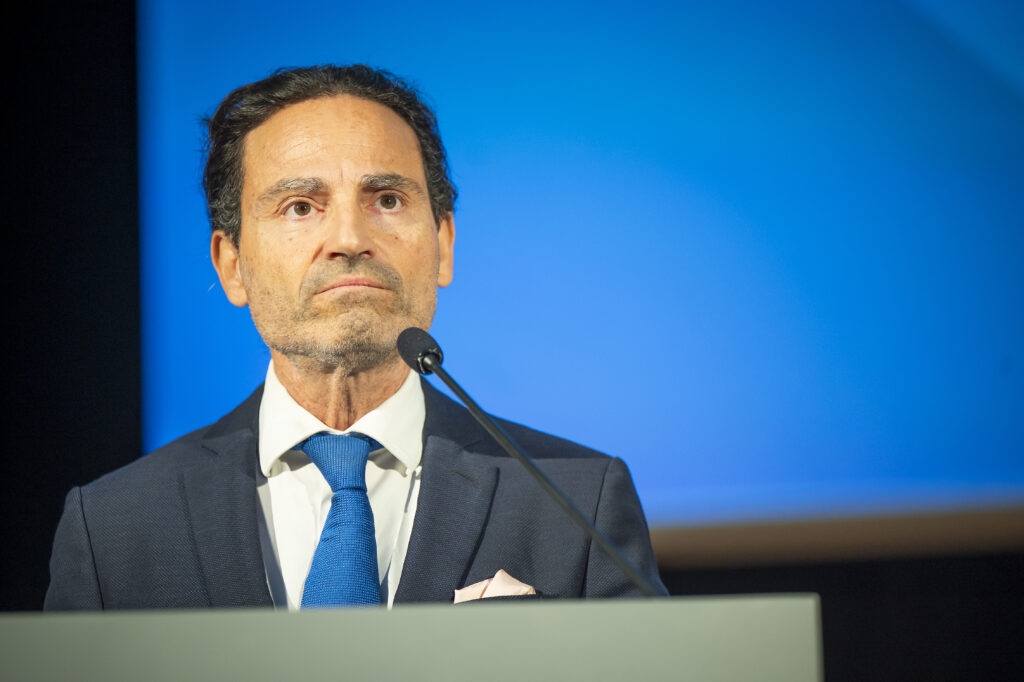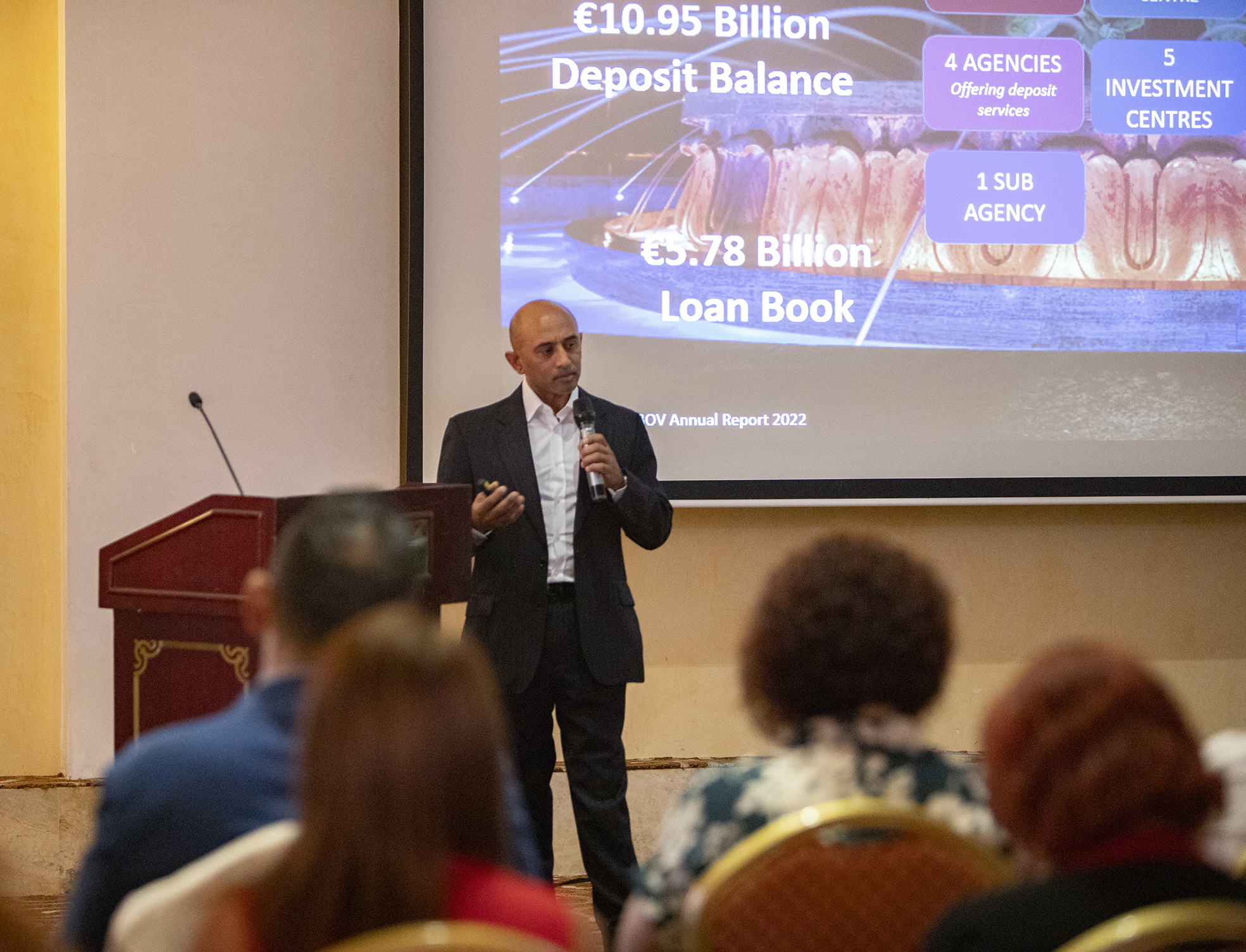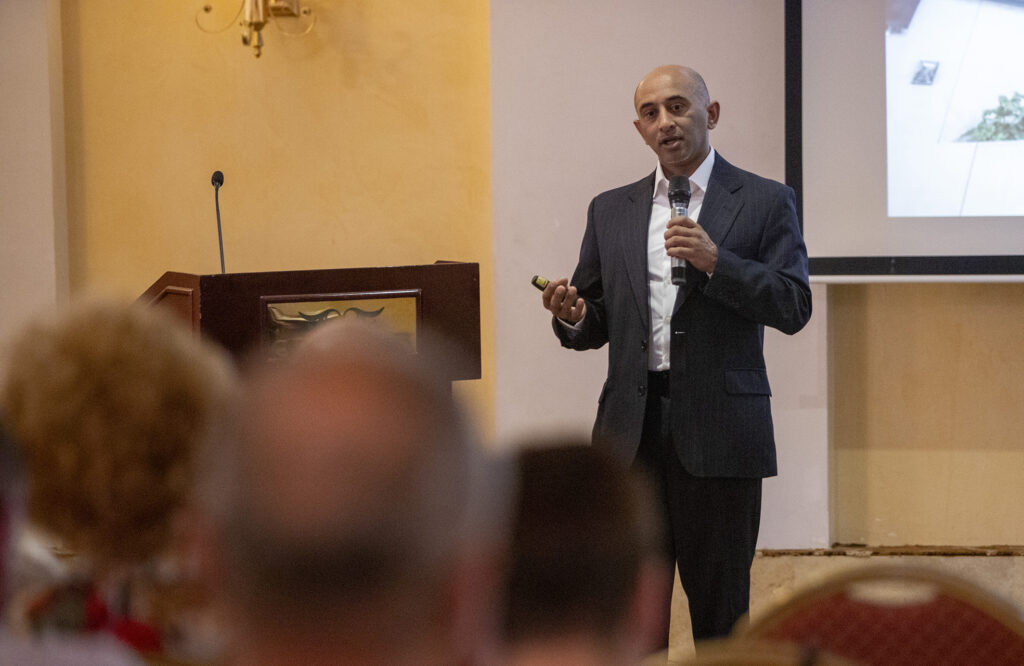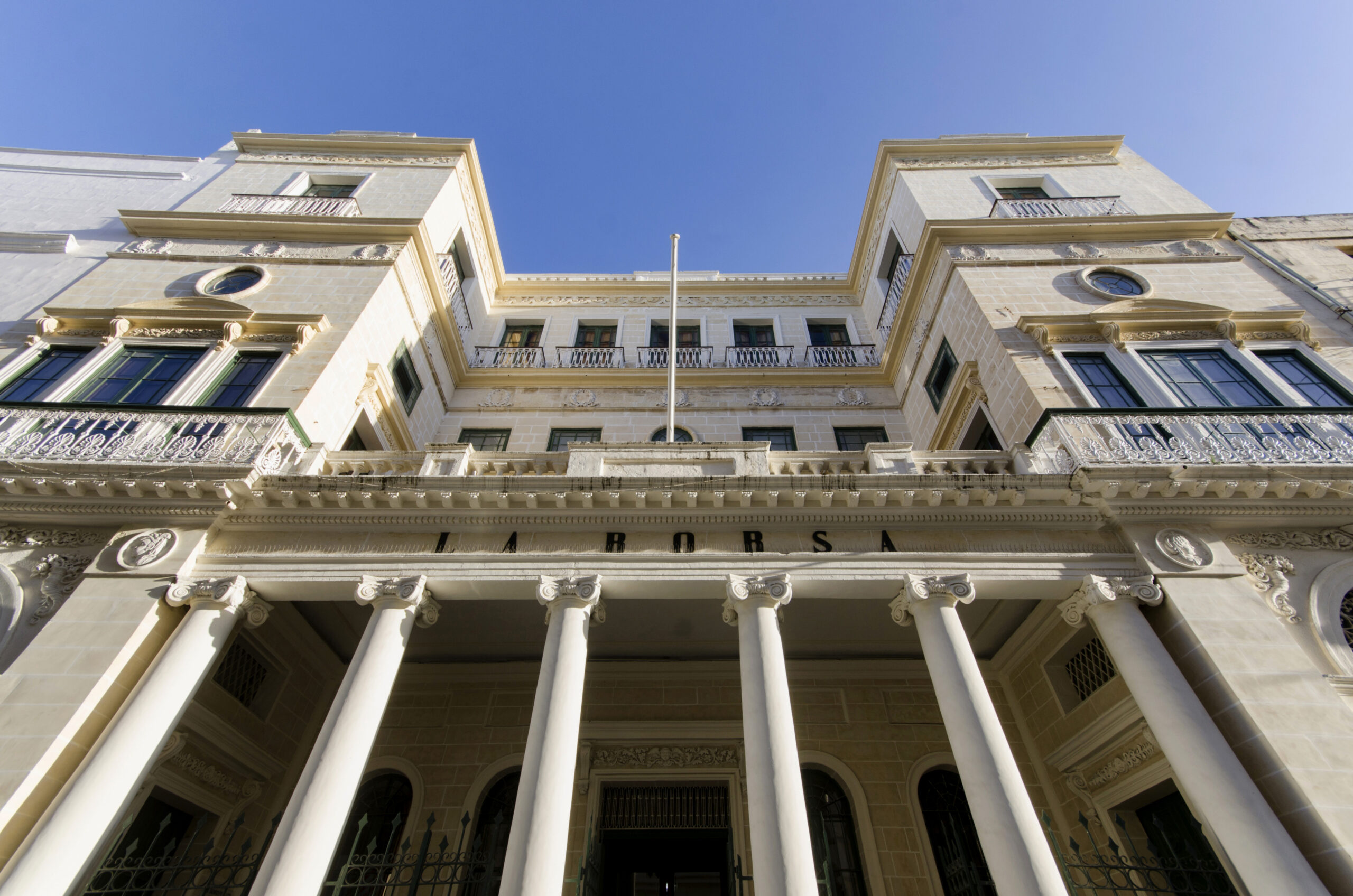
Money and civilisation have walked hand in hand ever since the first appearance of currency. It has undergone continuous evolution, from physical commodities to abstract digital transactions. This transformation reflects humanity’s pursuit of simpler, more accessible ways to transact. As we learn from the past to provide relevance in the future, we believe innovation is key to unlocking financial simplicity.
In its earliest forms, money was a practical instrument for commerce, like salt or even beer, but trade expansion drove the need for abstraction, from rare metals to paper and then to plastic. For a while now, digital payments have been replacing cash. According to the World Bank, two-thirds of adults worldwide make or receive digital payments.
The transition from cash to digital payments was not smooth nor immediate. There were often fears and risks to security and fraud when sending payments. Some users still juggle multiple payment and banking apps, with fragmented and less-than-intuitive experiences. Small businesses also face hurdles to integrating accounting and payments digitally.
These customer pain-points prove that continuous innovation is essential to unlock digital money’s true potential and to bridge the simplicity gap.
Since 2015, Finance Incorporated Limited (FIL) has pursued technology to dissolve boundaries between physical and digital banking. We have engineered an integrated platform to consolidate complexities, providing intuitive and unified tools.
For example, our payment gateway API enables one-click connections between merchant systems and acquiring banks. Paymix SoftPOS turns any smartphone into a card terminal -a technology that removes the need for separate point-of-sale hardware, saving costs and hassle. When Paymix SoftPOS is integrated with Paymix Pro business account, the payouts are faster and free of charge.
Our vision is an open banking ecosystem, blending payments, credit, data analytics, and more in one secure hub. We leverage diverse in-house expertise to adapt quickly to user needs and have been developing and rolling out systems to simplify the lives of customers across our portfolio.
Examples of technologies designed to make life more straightforward include digital IBAN accounts to receive salary payments, biometric identity verification for easy onboarding, and our ongoing work to deliver micro-ERP services integrated with accounting and reconciliation.
This simplicity liberates individuals and small businesses, while larger institutions benefit from our robust infrastructure, powering billions in transactions. After all, technological innovation delivers benefits across size and scale.
Another key factor to successfully simplify financial experiences and better serve people’s financial needs is through to user feedback. Through this active collaboration, we can shape an inclusive digital economy, which allows us to implement multilingual user experiences, consider intuitive interfaces that do not exclude the elderly or those averse to technology, and of systems that bring payments to all, regardless of their net worth.
The future remains unwritten. How else can technology simplify money? We hear about emerging technologies like atomic swaps, programmable currency, decentralised money, and so many other emerging notions that are all worth understanding and, occasionally, exploring.
By combining cutting-edge engineering with human wisdom, FIL believes financial innovation will culminate in technology fading into the background. Arthur C. Clarke’s third law is his most often cited and states that “Any sufficiently advanced technology is indistinguishable from magic”. Our tech should work very hard in the background so that our users need not face any barriers to make use of it. After all, frictionless financial experiences will underpin tomorrow’s human aspirations.
Money evolved across millennia from early physical forms where we swapped items that we ascribed value to all the way to its present digital form. At FIL, we see this transformation continuing to a future where payments just work – powerfully yet imperceptibly enhancing our lives.
We have a small part to play in this complex web of user experiences and technologies and we continue to approach it with our core philosophy – that of driving simplicity through innovation.

